Monday night’s televised hearing by the House Select Committee on January 6 was notable for its bombshells, including a riveting moment when Rep. Liz Cheney read a series of text messages sent to former White House Chief of Staff Mark Meadows by third parties—including Fox News commentators and the former president’s own son—begging Meadows to get Trump to call off the attack on the Capitol. But the hearing was also notable because of the way the Committee, and especially Rep. Cheney, couched her questions.
Legal observers sat up and took notice of one moment in particular which could keep the former president up at night: “Did Donald Trump, through action or inaction, corruptly seek to obstruct or impede Congress’s official proceeding to count electoral votes?” Cheney asked. “Mark Meadows’s testimony will inform our legislative judgments.”
If it sounded like Cheney was reading a jury instruction or ticking off elements of a crime, that’s because it actually came very close. Specifically, the crime of “Obstruction of Official Proceedings” is fleshed out in a few key federal criminal statutes that fall under the general rubric of “Obstruction of Justice,” which is the frustration of governmental function through violence, corruption, destruction of evidence, or deceit. They include witness tampering, witness retaliation, and obstruction of court proceedings, but they also encompass crimes that we will be hearing a great deal about in the coming months: obstruction of official proceedings and conspiracy.
Obstruction of Official Proceedings
With charges now pending against the hundreds who actually stormed the Capitol, a key “hammer” charge that the Justice Department has brought against the most egregious and violent offenders falls under the federal obstruction statutes, carrying with it the threat of hefty prison sentences. Examining these laws and following the language of Cheney’s statement, two statutes stand out as applicable to the conduct of the former president and his cohorts.
The first, under 18 U.S.C. 1512(c), falls within a family of prohibitions against witness or evidence tampering. If this doesn’t seem quite on point, understand that the statute is worded quite broadly and might very well still apply. It punishes anyone who “corruptly…obstructs, influences or impedes an official proceeding or attempts to do so” with a sentence of up to 20 years. Admittedly, this statute wasn’t really drafted with a full-scale violent insurrection in mind, or at least that is what defense attorneys have argued on behalf of the insurrectionists accused of violating it. But in a major recent development, a Trump-appointed judge recently held that certain defendants could be charged under this statute all the same. This has big implications for others who may have helped plan the attack or assisted it in any way, as they too could be charged until this statute.
Closer to the mark is 18 U.S.C 1505, which specifically relates to obstruction of a governmental proceeding. That crime has three basic elements: 1) there was an official proceeding pending, 2) the defendant knew about the proceedings, and—this is important—3) the defendant intentionally endeavored corruptly to influence, obstruct or impede the official proceeding. The penalty for violation of this statute is a five-year prison term and, somewhat interestingly, eight years if the offense includes domestic or international terrorism.
By publicly calling out Trump’s corrupt intent, Rep. Cheney has fired a legal warning shot. The Committee wishes to investigate and understand why it is, with all the rest of the world including Trump’s right-wing media pals and his own family members pleading through Meadows, Trump still took zero action to stop the attack for some six hours. Indeed, according to White House officials, the former president was transfixed by the live footage and appeared to relish in what his followers were doing.
The challenge here will be to show that Trump, being the only person with the power to halt the violent attack on the Capitol, somehow broke the law through his inaction. Rep. Cheney hinted at one rhetorical approach, calling Trump’s refusal to act a “dereliction of duty”—a code word within the Uniform Code of Military Justice that can lead to a court martial for military officials but isn’t generally applicable against the former president. Even though he bears the title of Commander-in-Chief, the president sits as a civilian official who is above the military and its criminal codes.
But it’s also not true that Trump took zero action that day. For example, while the attack was happening, Trump put a public target on Vice President Pence, who had been the object of a concerted and possibly also illegal White House campaign to get him to delay or throw the Electoral Count for Trump. “Mike Pence didn’t have the courage to do what should have been done to protect our Country and our Constitution,” Trump tweeted to his followers, just as the vice president was whisked to safety from the Senate chambers. He sent this out with full knowledge of the danger Pence was in.
Trump also arguably whipped up his followers in advance of the attack then marched them down from the Ellipse to the Capitol, something that wasn’t expected and for which there had not been a legal permit issued. There is growing evidence that Trump’s inner circle (including Steve Bannon who warned the day before that “all hell is going to break loose” and Rep. Mo Brooks who had the foresight somehow to wear body armor that day) had been receiving express warnings about the violent nature and intent of the paramilitary-style groups gathering near the Capitol. Recently, two organizers of the rally at the Ellipse reportedly have decided to come forward and cooperate fully with the Committee and expose all they know about the planning of it, including which members of Congress were involved.
Conspiracy
Separate and apart from those who directly and corruptly influence, impede, or obstruct an official proceeding, the law makes illegal any conspiracy to do the same, sweeping up any who were part of the overall scheme. Conspiracy statutes recognize that criminal masterminds who might direct or urge others to do their biddings need to be held accountable. Here, 18 U.S.C. 371 steps in to fill the gap. While the statute generally addresses the question of “defrauding” the United States, such fraud reaches any conspiracy organized for the purpose of impairing, obstructing, or defeating the lawful functions of any department of Government. The elements of a conspiracy to commit offense against the United States include, (1) an agreement of two more individuals; (2) to conspire against the United States; and (3) an overt act by one of the conspirators in furtherance of the scheme.
The conspiracy here could extend to the various deceits and trickery that the former administration employed in seeking to overturn the election results, including disseminating false and debunked election claims, pressuring local and state officials to undo the electoral certifications, calling state officials to “find” extra votes for the former president, and pressuring the vice president to violate his oath to the Constitution.
The penalty for conspiracy is up to five years in prison. It is possible that each separate scheme with its own overt act in furtherance of it could result in a separately chargeable conspiracy, upping the potential sentences considerably. But that would be up to the prosecutors to determine.
Aiding and Abetting
A quick final note: While Trump and his band could face charges under the obstruction statutes directly as primarily liable defendants, they could also be held accountable for having aided or abetted crimes. For example, depending on what the evidence shows, members of the administration and certain members of Congress could be found to have assisted the insurrectionists or been accomplices to their illegal acts. 18 U.S.C. 2 imposes the same consequence on anyone who orders or intentionally assists in the commission of a federal crime. If a defendant 1) associates himself with the criminal venture, 2) participates in it as something he wishes to bring about, and 3) seeks by his actions to make it succeed, then it is as if he has committed the act himself.
It will take a great deal of time for the Committee to sort through the remaining evidence, subpoena or compel more witnesses, and piece together a coherent and complete narrative about January 6. Only after that could the Department of Justice conceivably consider charges based upon what evidence is both admissible and points to guilt beyond a reasonable doubt for any possible defendants. But a full and public airing is coming in 2022, as Committee Chair Rep. Bennie Thompson made clear: “We will have public hearings. We will tell this story to the American people. But we won’t do it piecemeal. We'll do it when we can tell the story all at once, start to finish."For more political analysis, check out the Status Kuo newsletter.

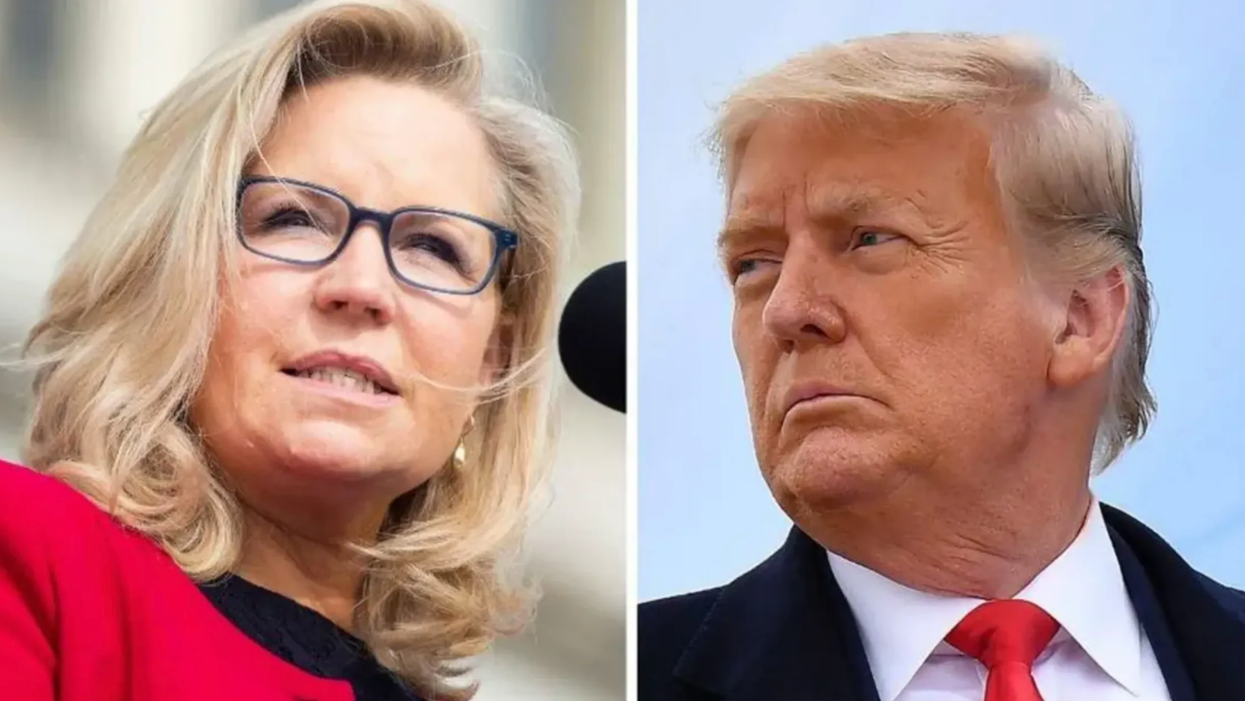






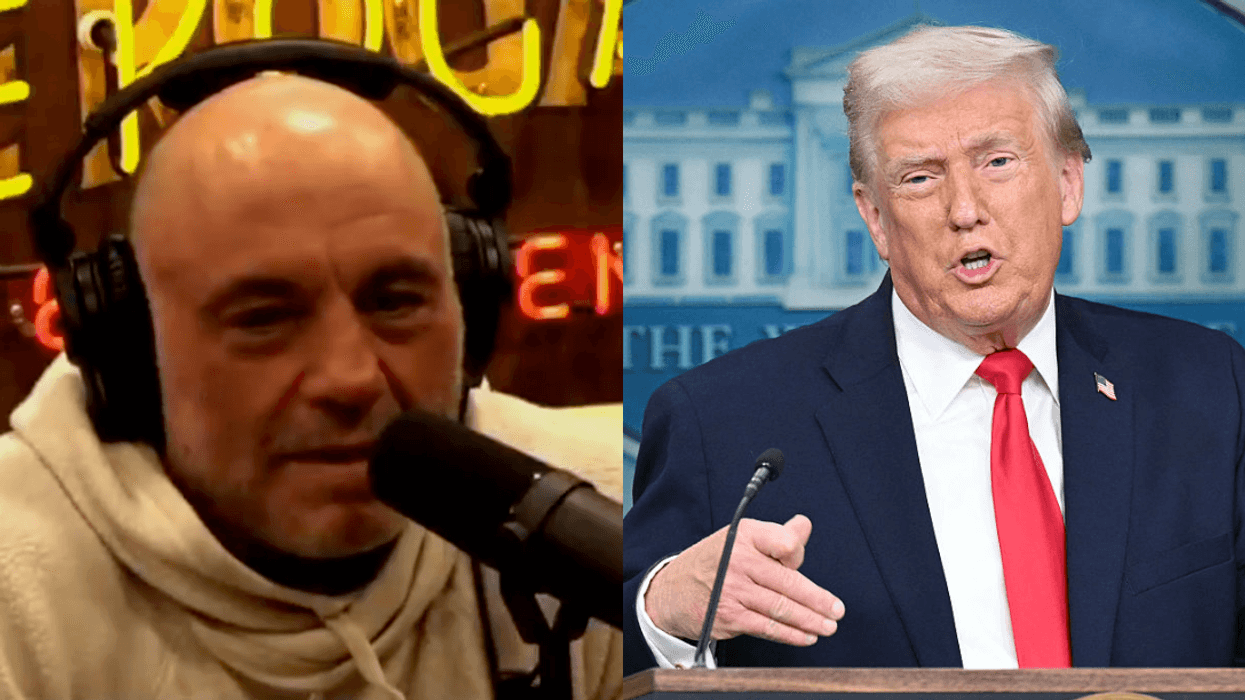


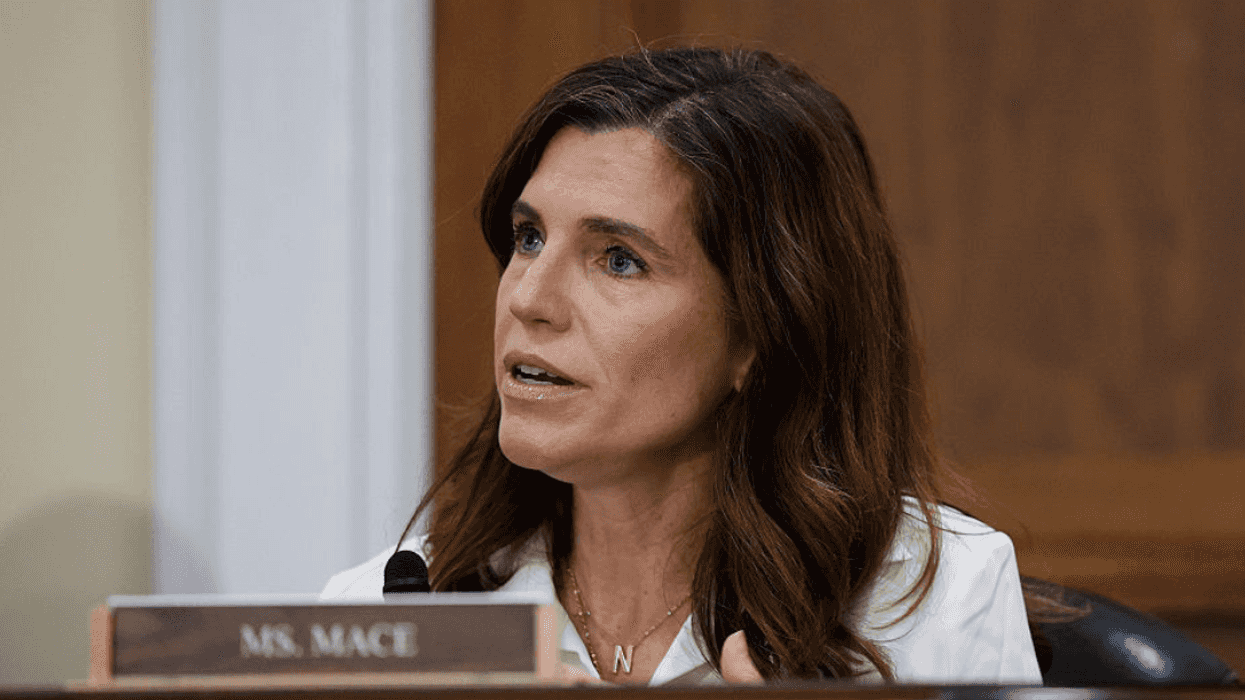

 Awkward Pena GIF by Luis Ricardo
Awkward Pena GIF by Luis Ricardo  Community Facebook GIF by Social Media Tools
Community Facebook GIF by Social Media Tools  Angry Good News GIF
Angry Good News GIF 
 Angry Cry Baby GIF by Maryanne Chisholm - MCArtist
Angry Cry Baby GIF by Maryanne Chisholm - MCArtist 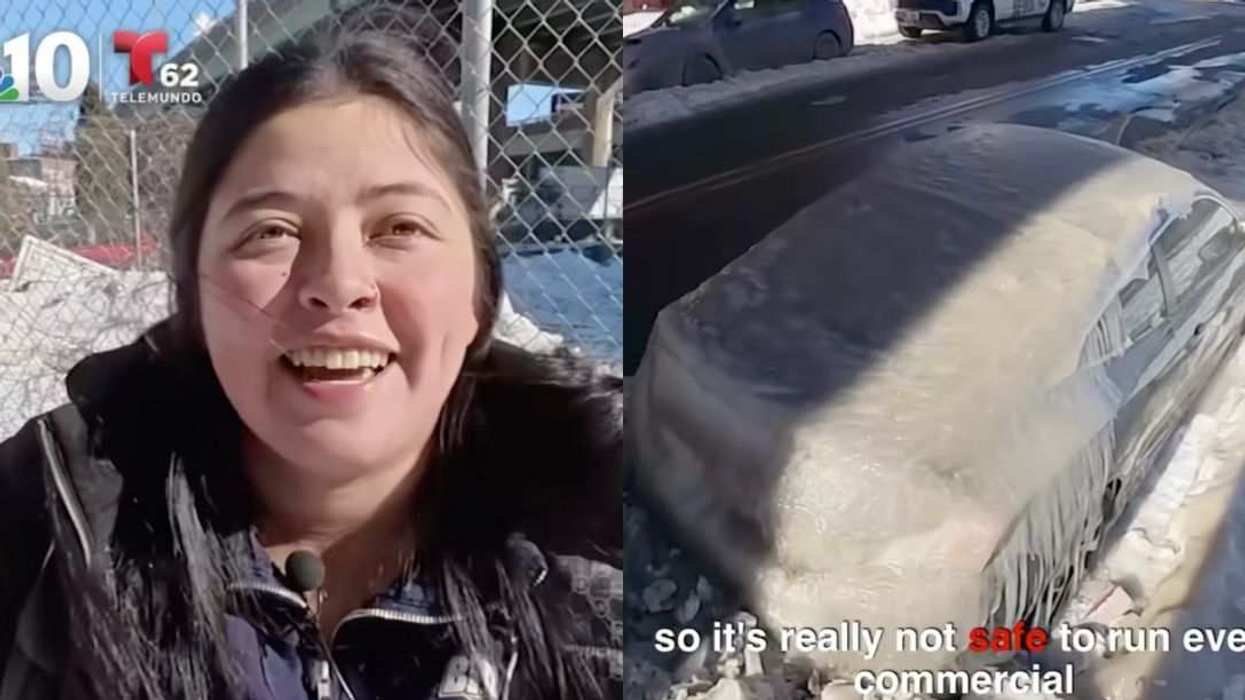
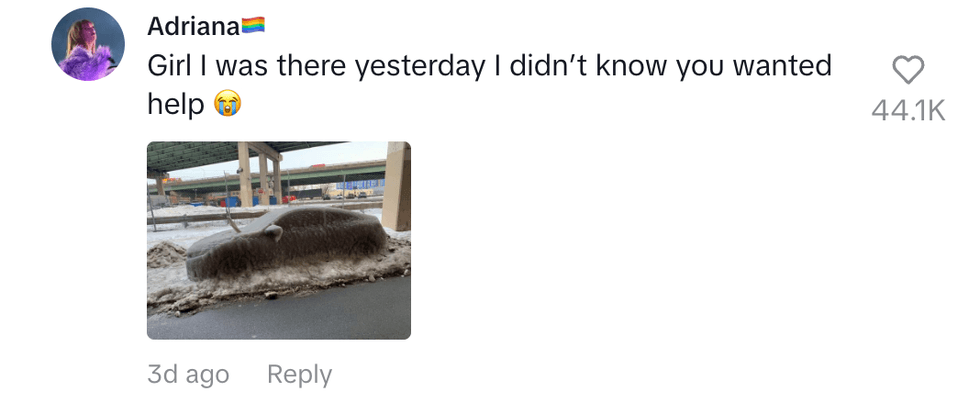 @adriana.kms/TikTok
@adriana.kms/TikTok @mossmouse/TikTok
@mossmouse/TikTok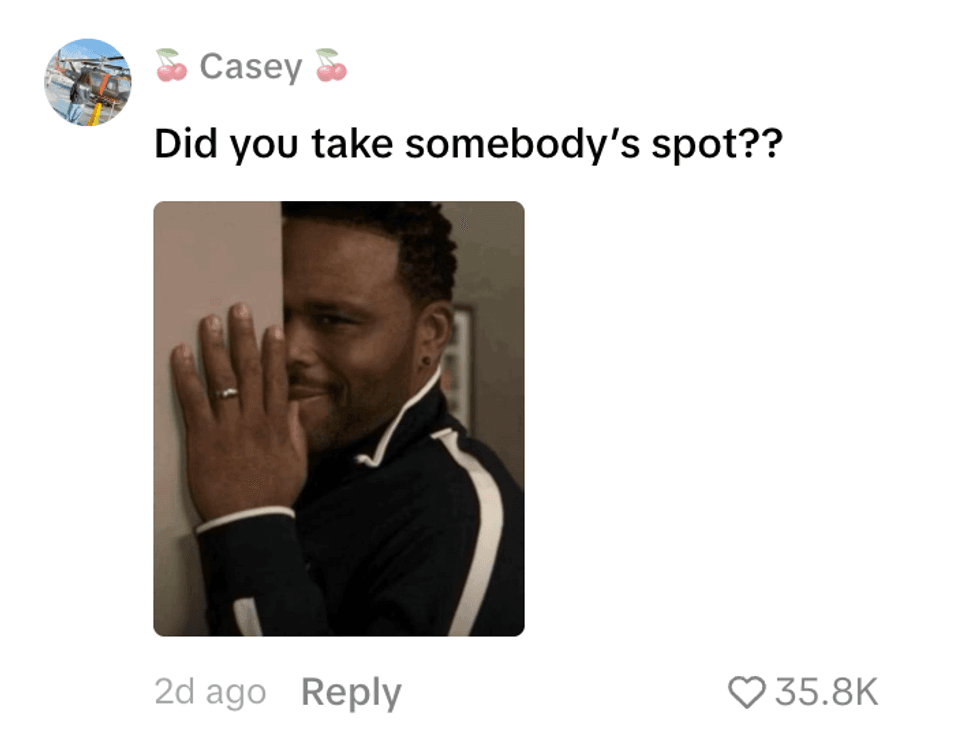 @im.key05/TikTok
@im.key05/TikTok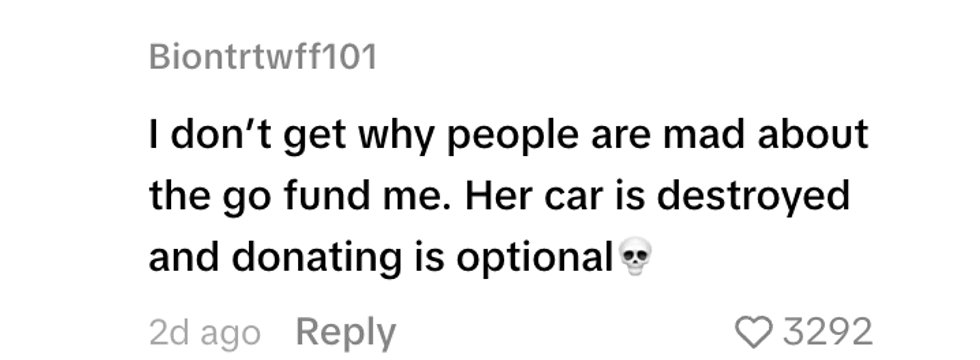 @biontrtwff101/TikTok
@biontrtwff101/TikTok @likebrifr/TikTok
@likebrifr/TikTok @itsashrashel/TikTok
@itsashrashel/TikTok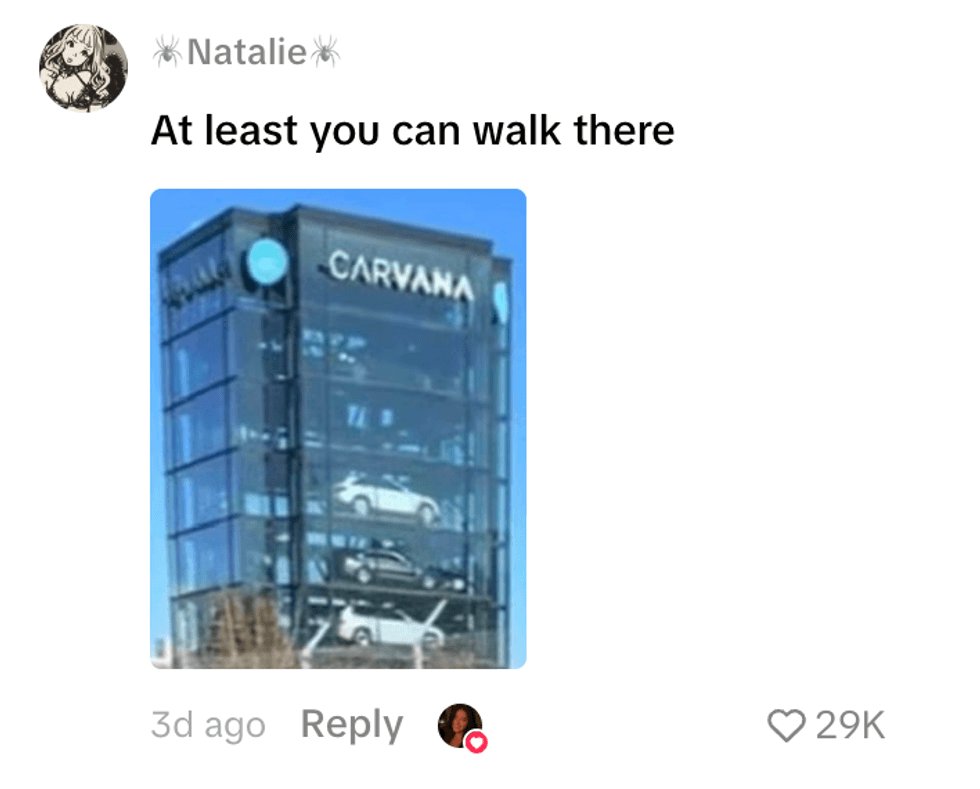 @ur_not_natalie/TikTok
@ur_not_natalie/TikTok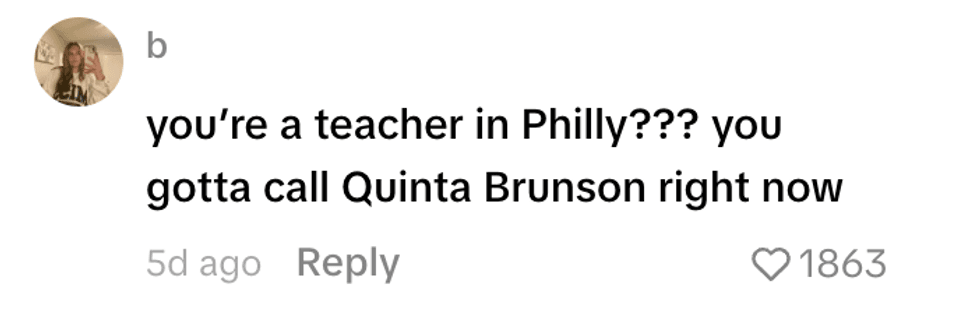 @rbaileyrobertson/TikTok
@rbaileyrobertson/TikTok @xo.promisenat20/TikTok
@xo.promisenat20/TikTok @weelittlelandonorris/TikTok
@weelittlelandonorris/TikTok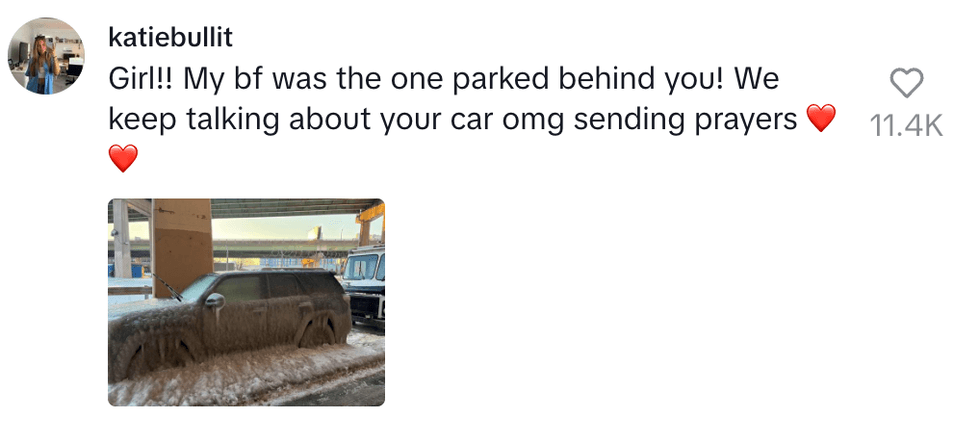 @katiebullit/TikTok
@katiebullit/TikTok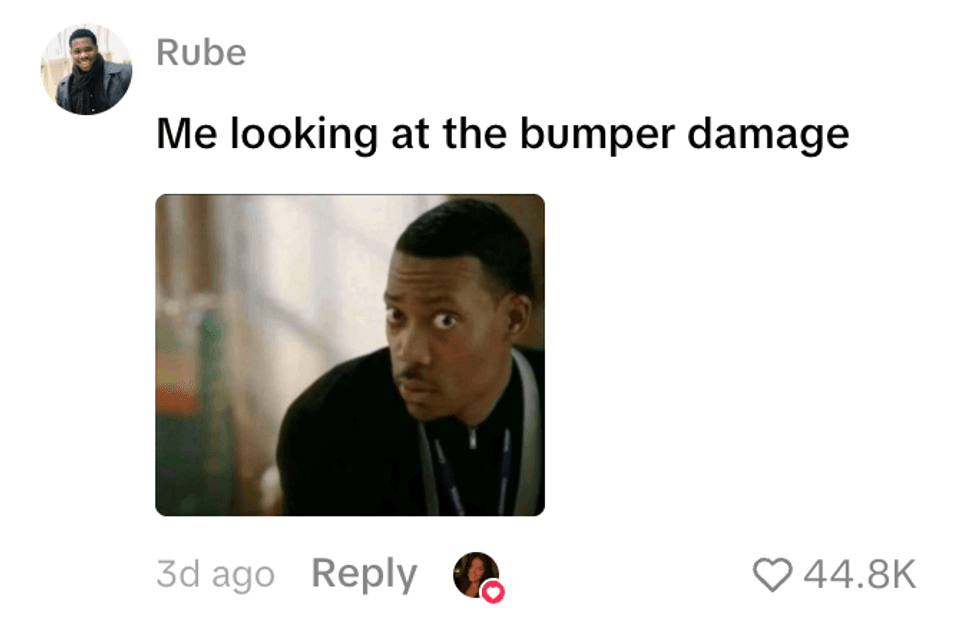 @rube59815/TikTok
@rube59815/TikTok
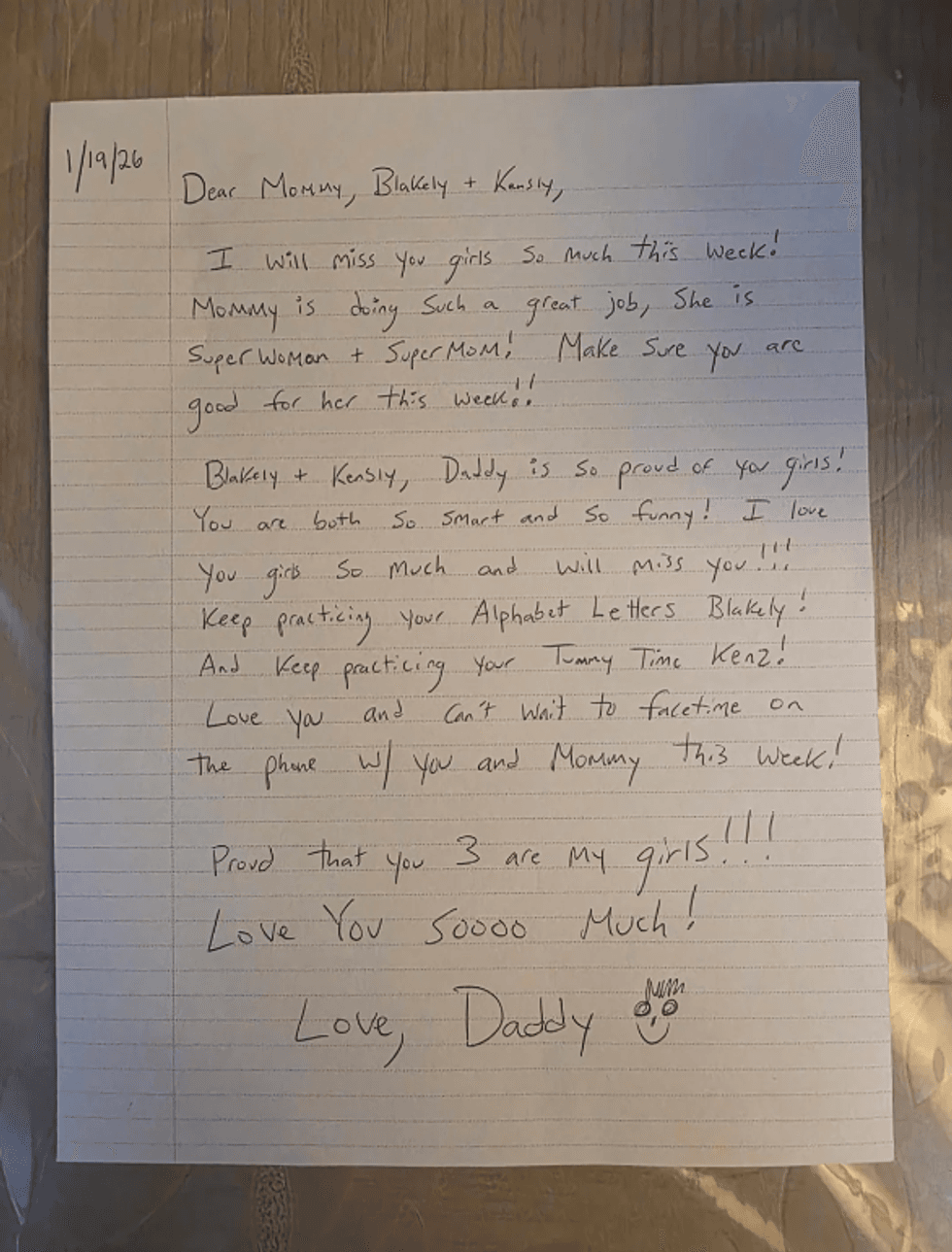 u/Fit_Bowl_7313/Reddit
u/Fit_Bowl_7313/Reddit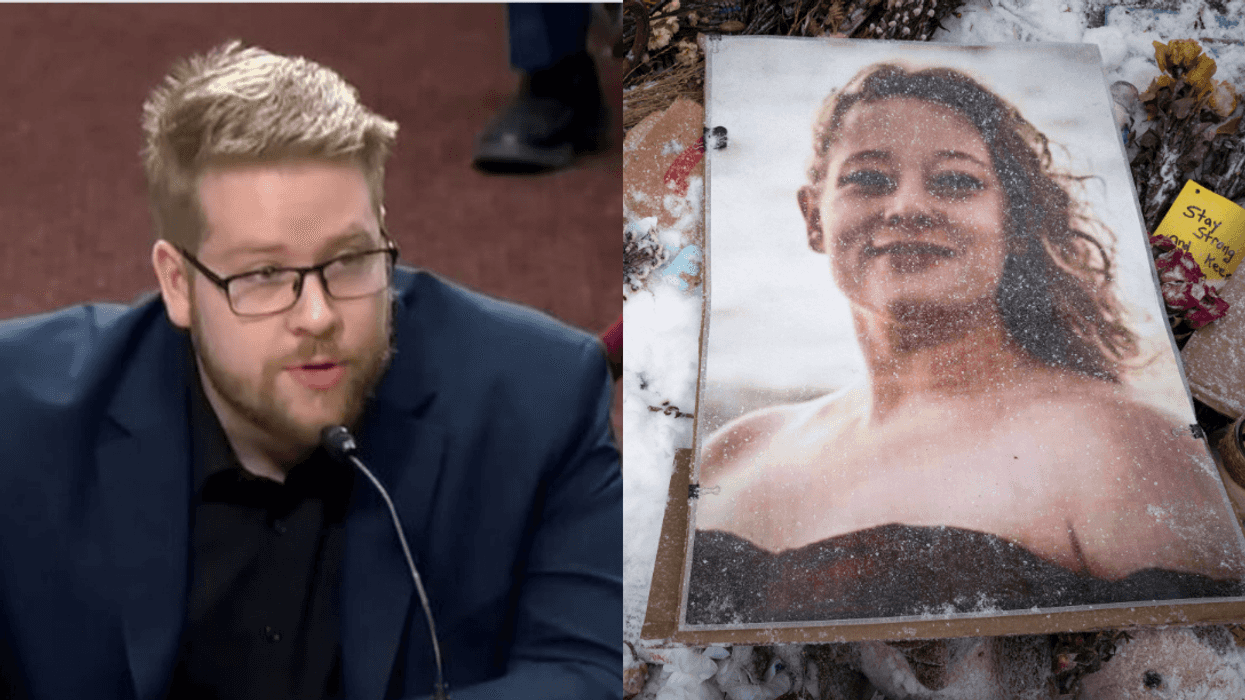
 @meteorblades/Bluesky
@meteorblades/Bluesky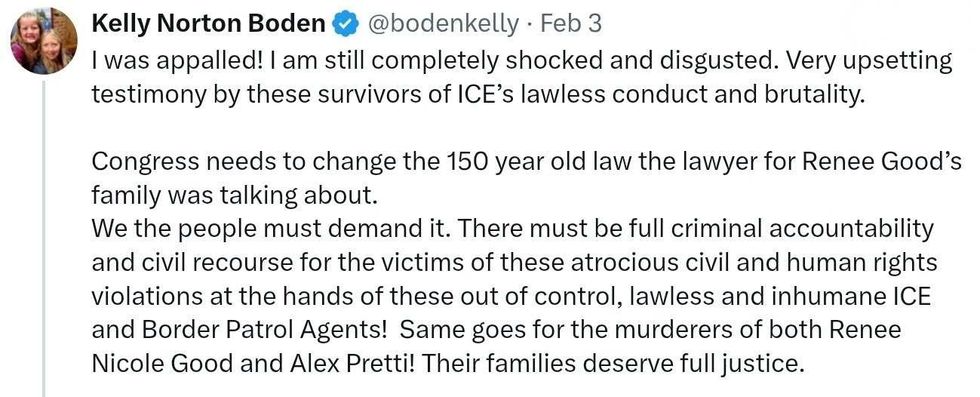 @bodenkelly/X
@bodenkelly/X